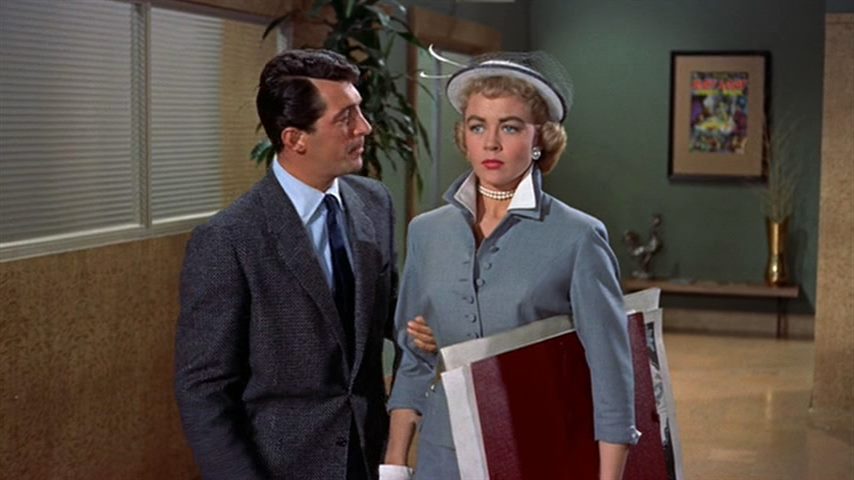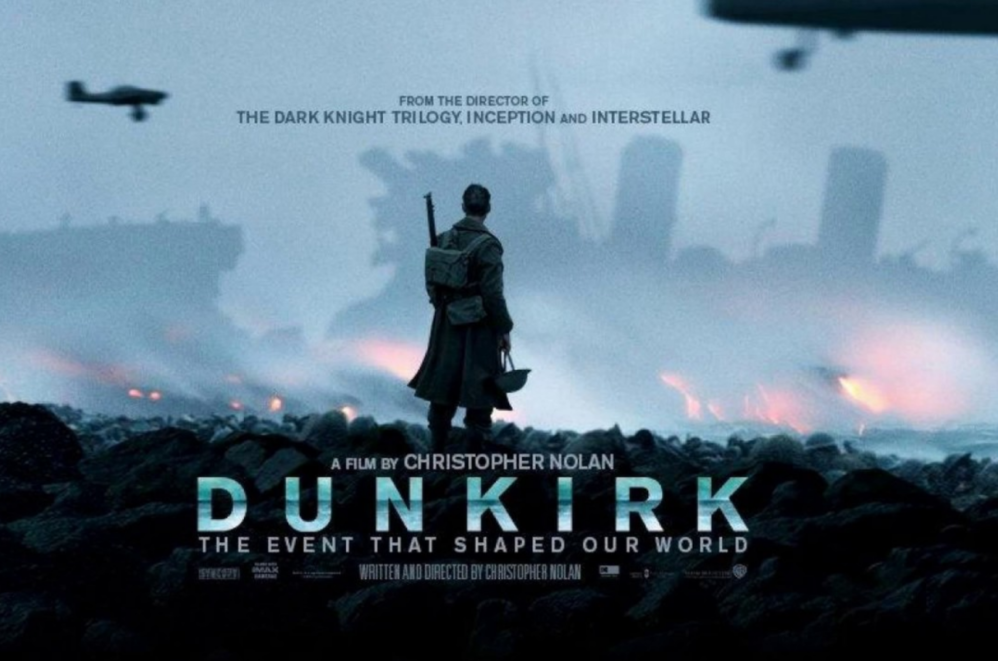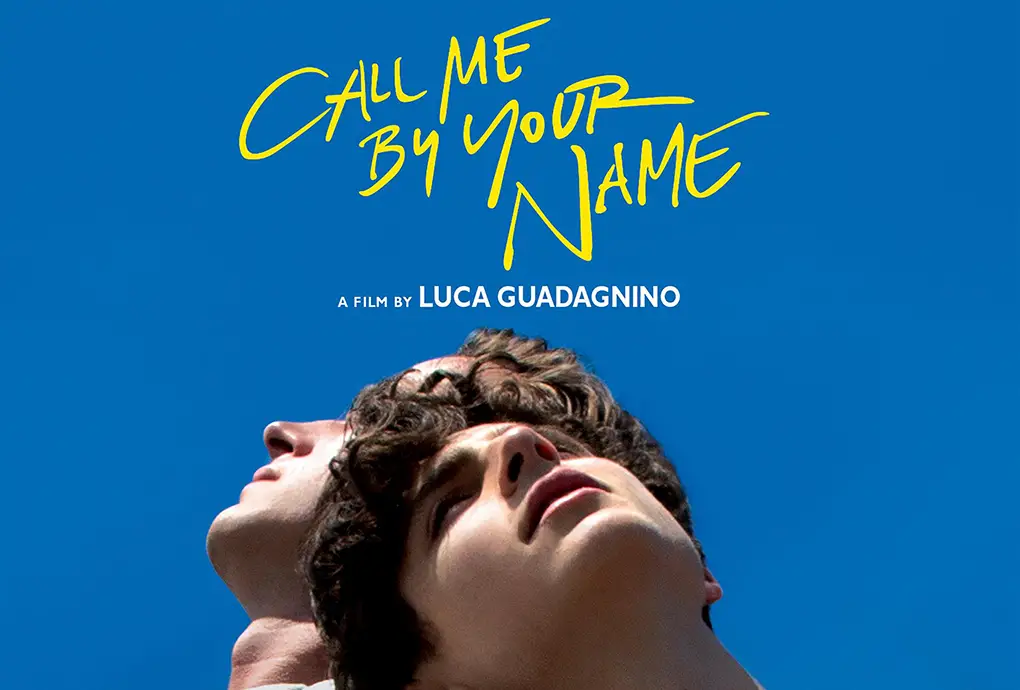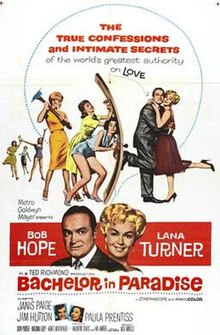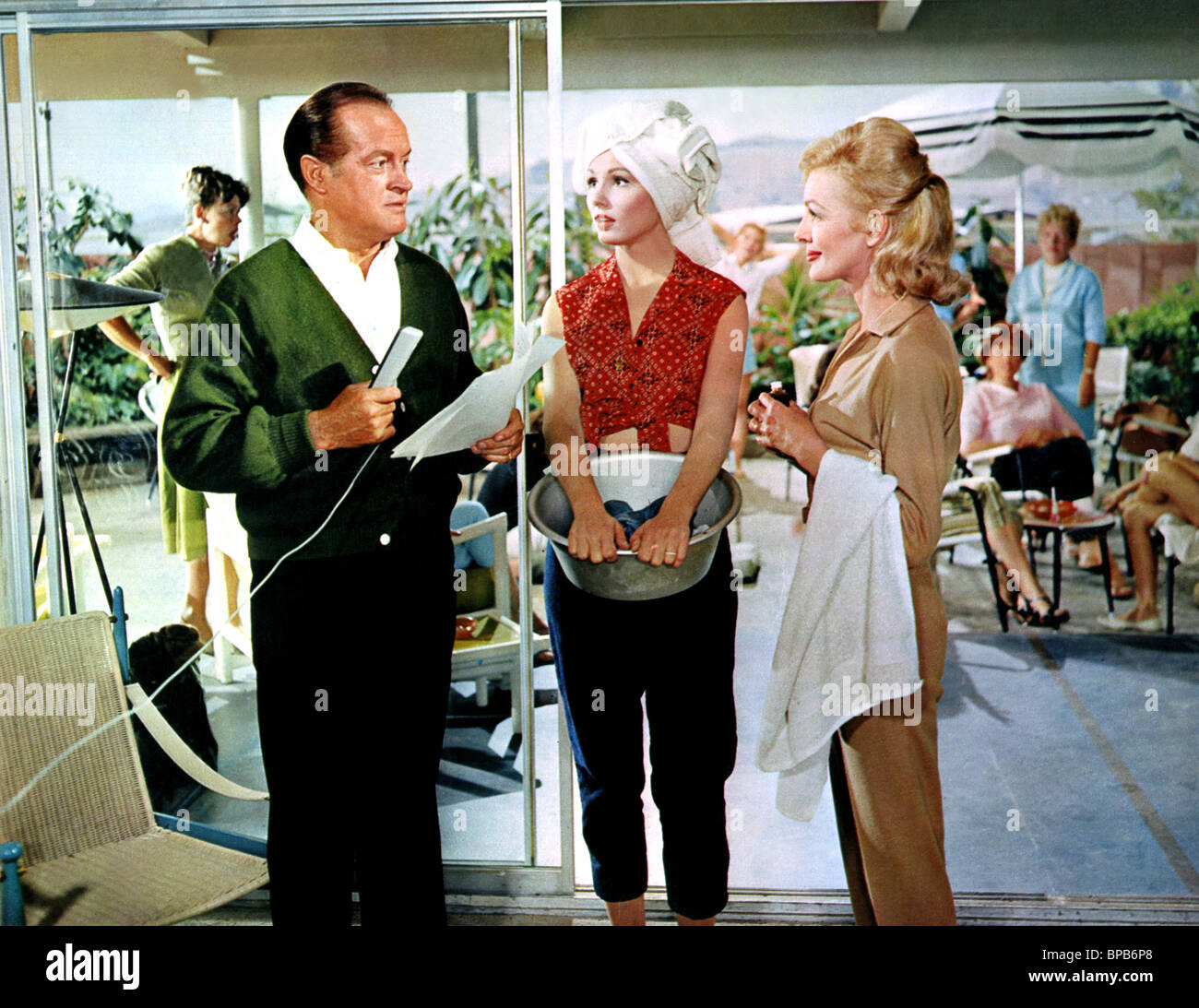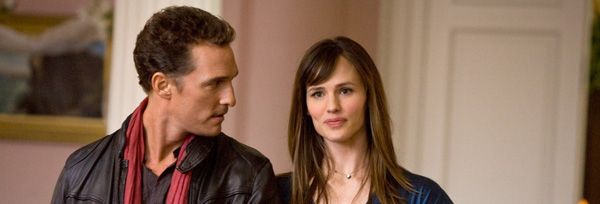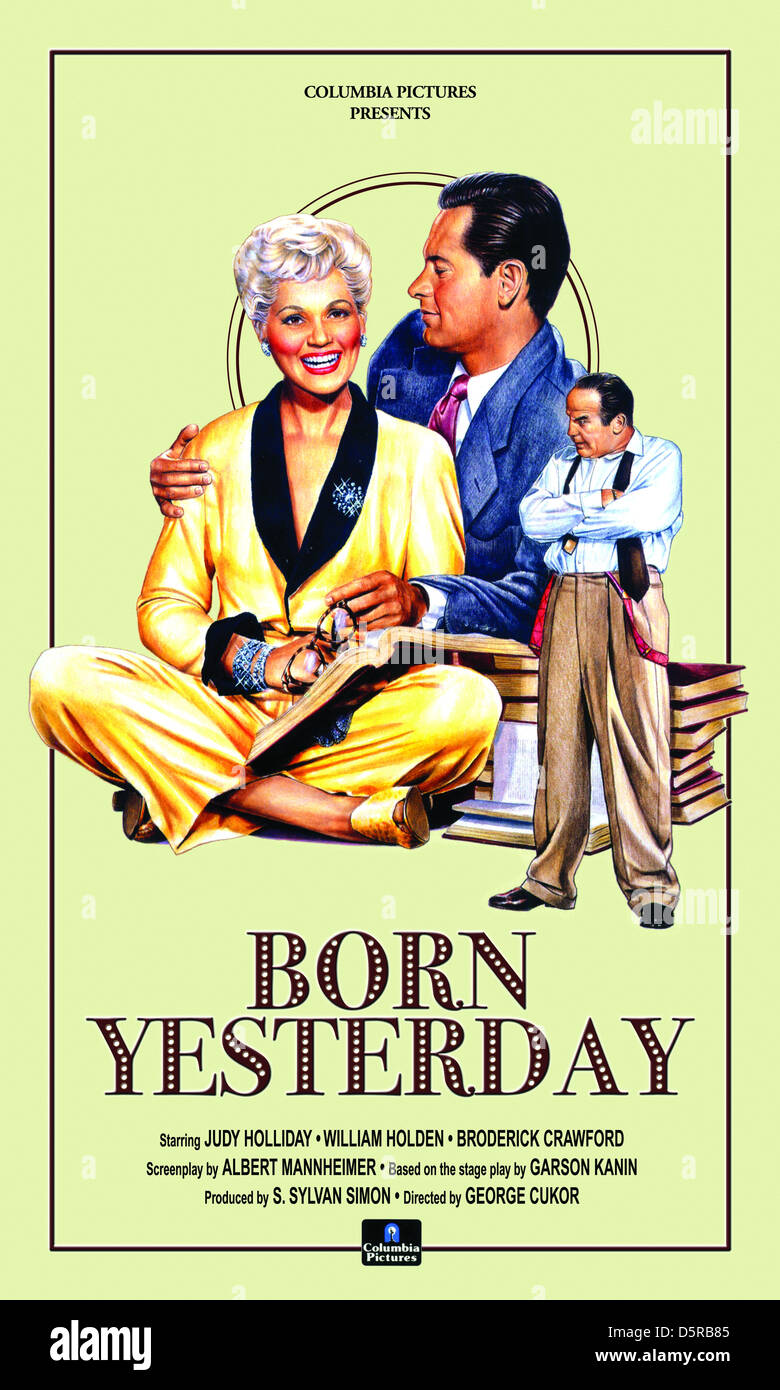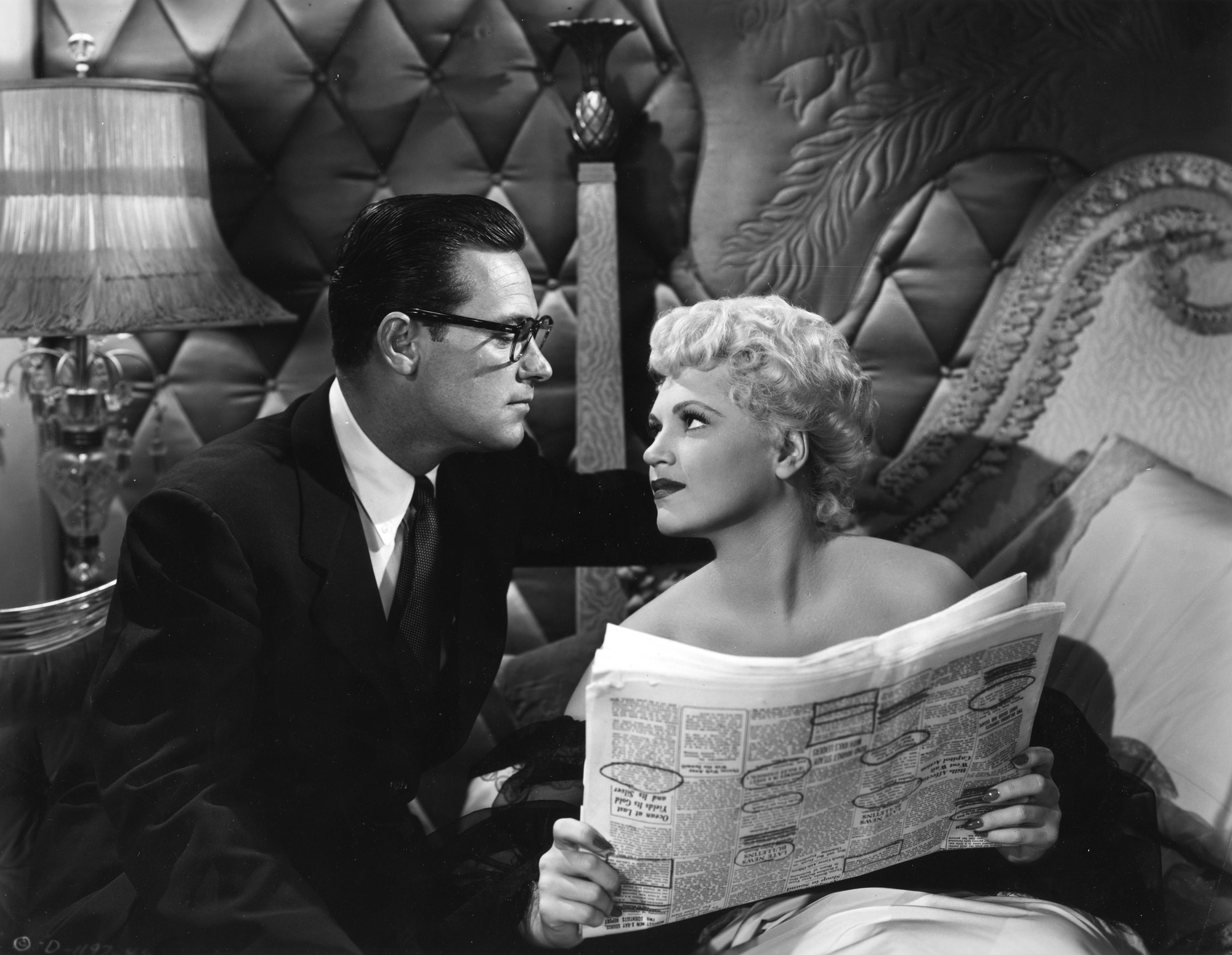Shall We Dance? (1937)
The seventh onscreen teaming of Fred Astaire and Ginger Rogers, Shall We Dance does provide entertainment, but is one of their lesser efforts because it falls short on the primary reason we watch an Astaire/Rogers musical.

Astaire plays Peter P. Peters, a ballet dancer who is the lead dancer in a ballet company and dances under the stage name of Petrov who is performing in Paris at the same time as Linda Keene (Rogers), a musical comedy star who Peter has been crushing on for years. When Peter learns Linda is going back to America on the Queen Ann, he books passage on the same ship but before he leaves he runs into Lady Tarrington (Ketti Gallien) a former dancer in Pete's company who still wants him. To get rid of her, he tells Lady Tarrington that he and Linda are already married but word of the ruse gets out, complicating the lives of Peter and Linda beyond recognition.
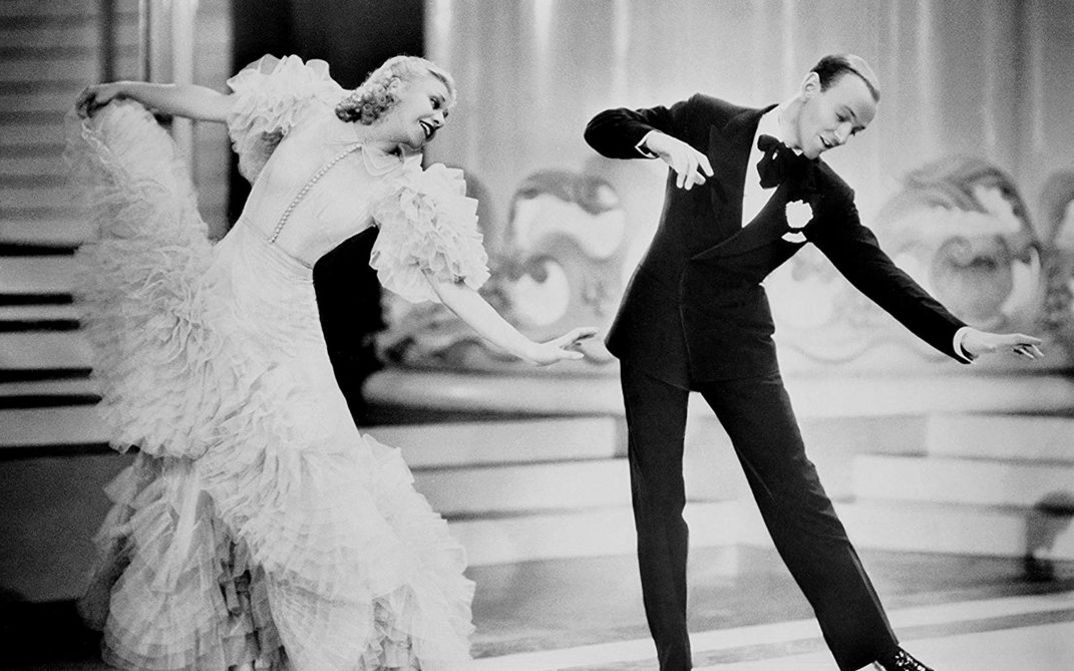
This film contains just about everything you expect from an Astaire/Rogers musical, including the overly complicated plot that gets in the way of the musical numbers, which are really why we're here and there are some terrific numbers here but I had the same problem with this film that I had with the Elizabeth Taylor-Richard Burton drama The VIPS...there wasn't enough of Fred and Ginger together in this movie. When I watch an Astaire/Rogers musical, I want to see them dance together and not counting their brief pairing during the finale, the pair only danced together twice in this film.
_NRFPT_04.jpg)
Fred and Ginger did make the most of their two numbers together..."Let's Call the Whole Thing Off" was an energetic duet on roller skates that was a delight and they strutted their stuff after Ginger's "They all Laughed" as well. The most famous song in the score, "They Can't Take that Away from Me" was well sung by Fred but they didn't even dance. Fred and Ginger would utilize the number again a dozen years later in their final film together The Barkleys of Broadway.
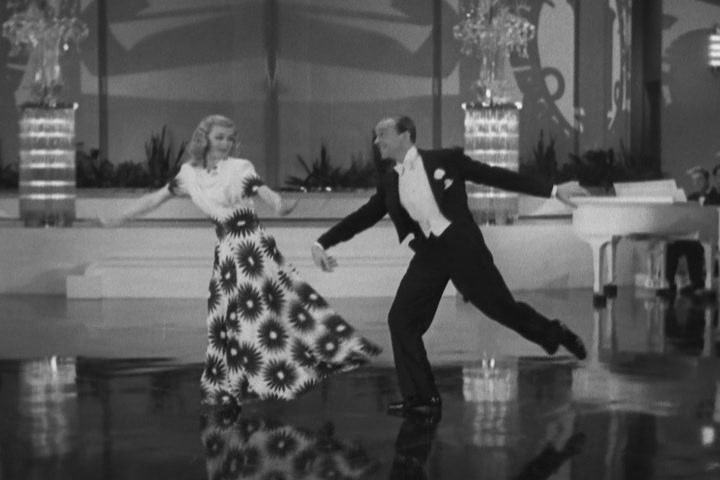
Mark Sandrich's breezy direction does help to keep a somewhat talky story moving to a musical finale that is well staged but goes on way too long. Edward Everett Horton, Jerome Cowan, and Eric Blore are a fun supporting cast, but this film didn't have enough of what we expect in a Fred and Ginger musical...Fred and Ginger dancing together!
The seventh onscreen teaming of Fred Astaire and Ginger Rogers, Shall We Dance does provide entertainment, but is one of their lesser efforts because it falls short on the primary reason we watch an Astaire/Rogers musical.

Astaire plays Peter P. Peters, a ballet dancer who is the lead dancer in a ballet company and dances under the stage name of Petrov who is performing in Paris at the same time as Linda Keene (Rogers), a musical comedy star who Peter has been crushing on for years. When Peter learns Linda is going back to America on the Queen Ann, he books passage on the same ship but before he leaves he runs into Lady Tarrington (Ketti Gallien) a former dancer in Pete's company who still wants him. To get rid of her, he tells Lady Tarrington that he and Linda are already married but word of the ruse gets out, complicating the lives of Peter and Linda beyond recognition.

This film contains just about everything you expect from an Astaire/Rogers musical, including the overly complicated plot that gets in the way of the musical numbers, which are really why we're here and there are some terrific numbers here but I had the same problem with this film that I had with the Elizabeth Taylor-Richard Burton drama The VIPS...there wasn't enough of Fred and Ginger together in this movie. When I watch an Astaire/Rogers musical, I want to see them dance together and not counting their brief pairing during the finale, the pair only danced together twice in this film.
_NRFPT_04.jpg)
Fred and Ginger did make the most of their two numbers together..."Let's Call the Whole Thing Off" was an energetic duet on roller skates that was a delight and they strutted their stuff after Ginger's "They all Laughed" as well. The most famous song in the score, "They Can't Take that Away from Me" was well sung by Fred but they didn't even dance. Fred and Ginger would utilize the number again a dozen years later in their final film together The Barkleys of Broadway.

Mark Sandrich's breezy direction does help to keep a somewhat talky story moving to a musical finale that is well staged but goes on way too long. Edward Everett Horton, Jerome Cowan, and Eric Blore are a fun supporting cast, but this film didn't have enough of what we expect in a Fred and Ginger musical...Fred and Ginger dancing together!
Last edited by Gideon58; 01-14-25 at 02:13 PM.
_02.jpg)


